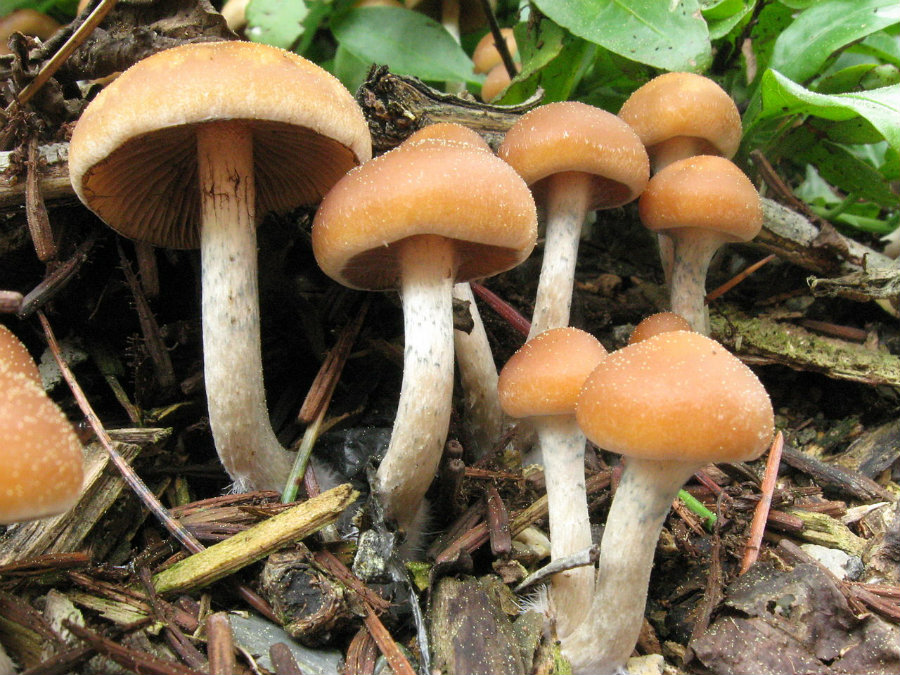New York – According to two scientific studies, which conclusions were released just today, the psychedelic effect of the drug widely known as “The Magic Mushroom” could help cancer patients cope with depression and anxiety for an extended period.
Dr. Stephen Ross, from New York University, and Roland Griffiths, from Johns Hopkins University in Baltimore, were the head of the studies. The first study had 29 patients while the second one had 51 people experimenting the Psilocybin, the real name of the substance found in hallucinogenic mushrooms and currently against the federal law in the United States.

Hopeful findings
Experts said this would be and ongoing investigation that so far has given “impressive results” and is now heading toward discovering how it could affect depressive patients who have not found a solution on regular treatments. They also indicated that even though cancer patients would not be able to buy the magic mushroom anytime soon, even for therapeutically given reasons, the findings are just right in time to expand the studies in centers with now hundreds of people.
Final results were significant since 80 percent of the patients involved showed big medical improvements on their psychological conditions that would stand the test of seven months forward after just one dose. All thanks to the drug, also known as little smoke and purple passion, that has been illegal in the United States since the 70s decade.
It is also necessary to remember that anxiety and other emotional scars that come with cancer are what reinforces it to appear again. This is why getting rid of that possibility is that much important.
The trip is not taken alone
The eight-hour psilocybin sessions took participants into mystical experiences and imagery that had them facing the fears that came with their condition. They yelled them out of their minds or felt they were floating above them, according to the patient’s descriptions. Many of them also expressed they started really considering meditation, and spiritual and religious counseling after such experience.
The studies were economically supported mostly by the Heffter Research Institute, a nonprofit organization that supports studies of psilocybin and other hallucinogens.
During the study, the individuals were joined by social workers and psychologists for counseling, and were informed fully about the procedure and set up with music playlist ranging from Western to World Music and New Age classics, while having a sleep mask on. These measures are taken for the trips to be harmless and enjoyable and for better and immediate results.
Although scientists are not sure about the reason of the Psilocybin job on the human brain, the most accepted theory is that it becomes an obstacle for self-absorbed thoughts that often lead to the severe stages of depression. Then, they leave a way open to hallucinations on the nervous system, shown on neuroimaging were the psilocybin lit up most areas.
Researchers are also claiming that the US law and health forces should take into consideration these and previous positive outcomes with clinical drug treatment and make changes to its regulations, even more considering that psilocybin and LSD are not linked to addiction.
Source: TIME
